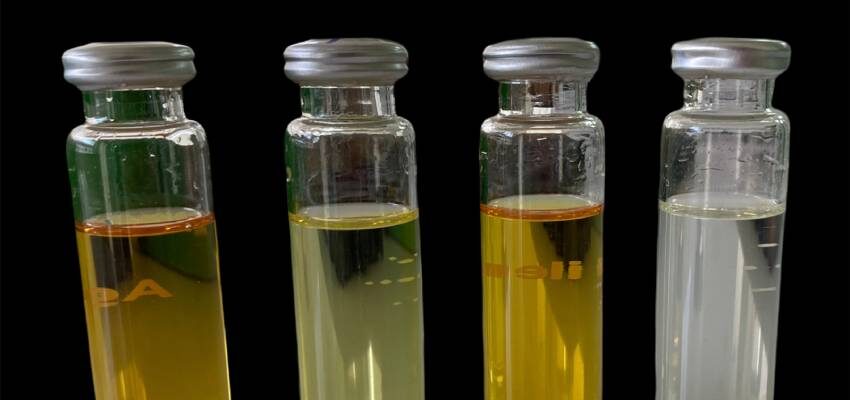
Gas extractions from insulating liquids – Part I
Introduction Dissolve gas analysis has been one of the most important tests accompanying the transformer industry almost since the transformer has been invented. Transformers are...
byby Marius Grisaru

- Introduction
Dissolve gas analysis has been one of the most important tests accompanying the transformer industry almost since the transformer has been invented. Transformers are indispensable in our modern lifestyle, and DGA is the best tool for maintaining transformers. The gas extraction stage is the most delicate stage of DGA, and inadequate processing of this stage may induce significant errors in transformer diagnoses. The Buchholz relay invented a hundred years ago is mainly driven by the dissolved gases generated in case of a faulty condition.
The gases accumulated in the relay are separated from the oil by one of the two mechanisms:
- Kinetic: In case of a critical failure such as arcing, the gas formation is very rapid, and the gas generated from the oil by the failure energy travel as bubbles on the surface of the liquid, driven by floating potency due to density differences of liquid and gases. In this case, the gases tend to flow through the gas relay, trapped and accumulated there.
This will induce an immediate trip and instantly deenergize the transformer. The merit of the Buchholz device is expressed as the fastest reacting DGA online device and as an efficient protection device. In this case, the gases need not be extracted from the oil because they trigger the relay more rapidly than being dissolved in the oil.
- Gas saturation: As shown in Table 1, the gases possess a certain solubility in the mineral oil. The solubility depends, of course, on the chemical interaction between the specific gas and specific liquids. As both species are more comparable in the polarity character and Van der Waals force, gas will be more soluble in the liquid. In our mineral oil and hydrogen case, the interaction will be weaker, and equivalently the solubility. Other hydrocarbon gases are more similar to an organic liquid; therefore, the consequence will be a higher solubility.







